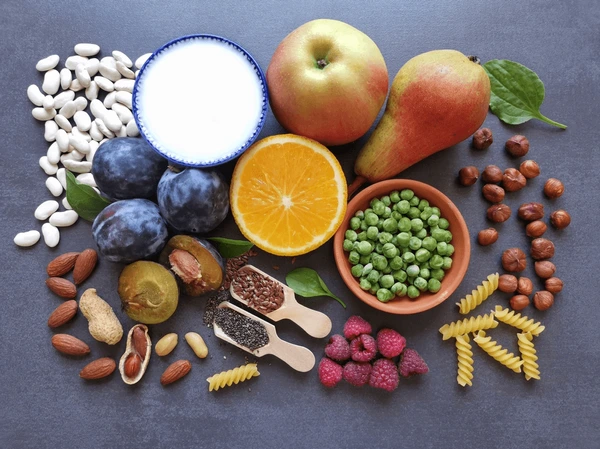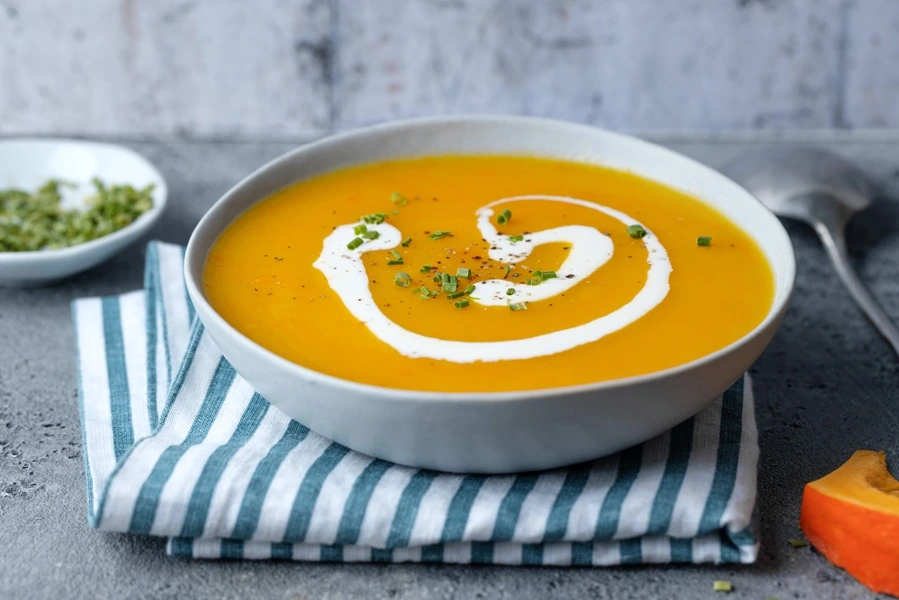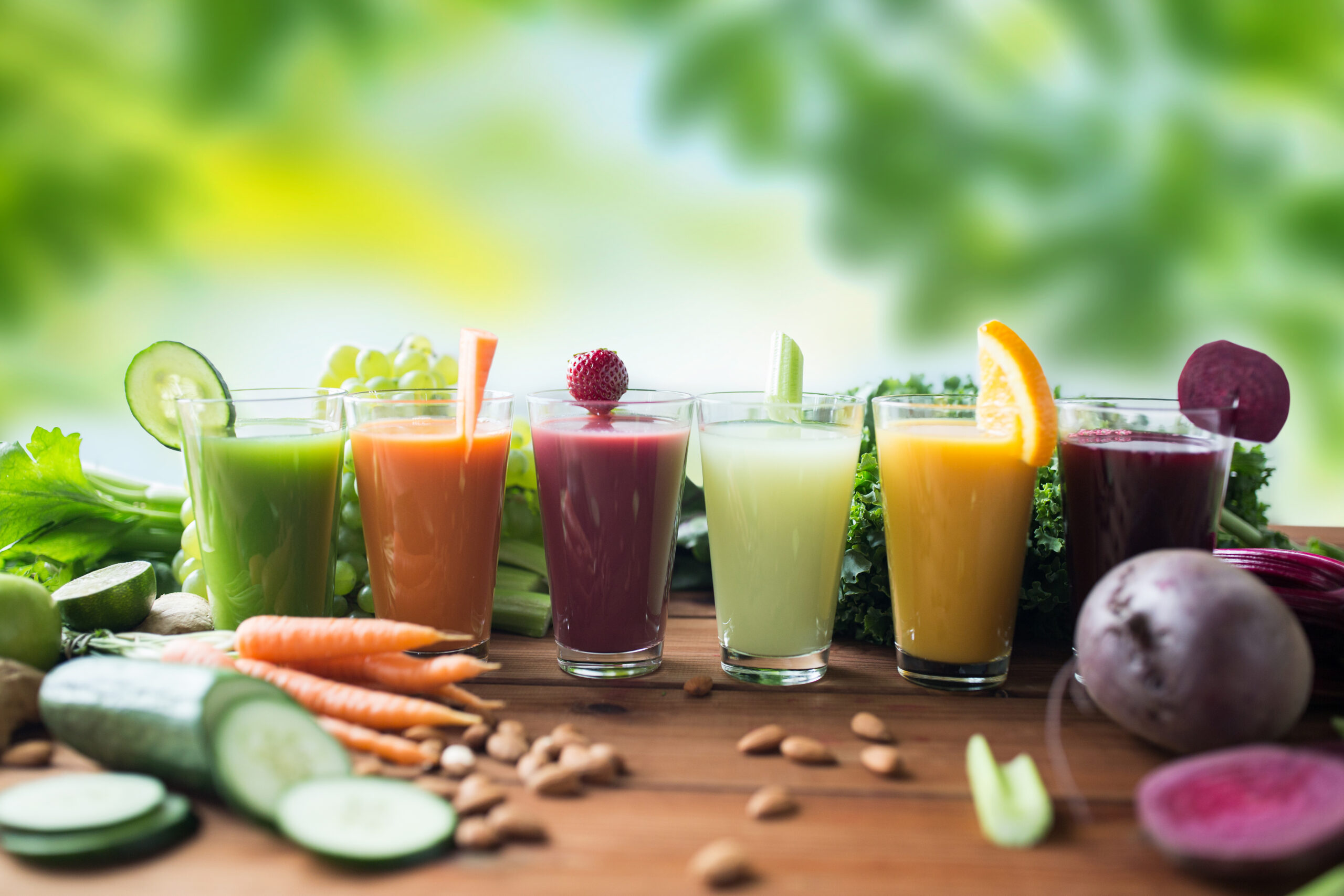8 Fruits That Wreck Your Digestion (And What to Eat Instead)
Author: Gloria Lancer | Ravoke.com Fruit is often seen as the gold standard of healthy eating — natural, full of vitamins, and packed with fiber. But not all fruits are

Fruit is often seen as the gold standard of healthy eating — natural, full of vitamins, and packed with fiber. But not all fruits are friendly to your digestive system, and some can even be categorized as bad fruits for digestion.
If you’ve ever felt bloated, gassy, crampy, or sluggish after eating certain fruits, you’re not alone. Many popular fruits contain sugars, fibers, or acids that can wreak havoc on your gut — especially if you have IBS, acid reflux, food sensitivities, or fructose malabsorption.
In this article, we’re breaking down 8 fruits that could quietly be sabotaging your digestion — and the gentler, gut-friendly alternatives you can eat instead.
1. Are Apples Bad for Your Digestion?
Why they cause trouble:
Apples are rich in FODMAPs—specifically fructose and sorbitol, two fermentable sugars that are difficult for many people to digest. They can cause bloating, cramping, gas, and diarrhea, especially for those with IBS or sensitive stomachs. Their tough skins also add insoluble fiber, which may worsen symptoms.
Eat this instead:
→ Berries like strawberries or blueberries, which are lower in FODMAPs and gentler on digestion.

2. Can Watermelon Cause Bloating and Gas?
Why it causes trouble:
Despite being over 90% water, watermelon is packed with fructose, a sugar that often goes unabsorbed in the small intestine. It can ferment in the gut, leading to bloating, cramps, and flatulence. Its high water content can also dilute stomach acid, interfering with protein digestion.
Eat this instead:
→ Kiwi, which contains the enzyme actinidin to support digestion and is easier on the gut.
3. Do Bananas Cause Digestive Issues?
Why they cause trouble:
Unripe bananas contain resistant starch, a fiber that ferments in the colon and can lead to gas and bloating. Overripe bananas, on the other hand, are high in sugars that can feed yeast and cause imbalance in gut flora. Even ripe bananas may cause constipation if eaten without enough water.
Eat this instead:
→ Papaya, which contains papain, a natural enzyme that aids digestion and soothes inflammation.
Read More About: Constipation During Pregnancy
4. Are Citrus Fruits Triggering Your Acid Reflux?
Why they cause trouble:
Citrus fruits are acidic by nature. For those with acid reflux or sensitive stomachs, they can irritate the esophagus and stomach lining, triggering heartburn, indigestion, and nausea.
Eat this instead:
→ Cantaloupe or honeydew melon – they’re low-acid fruits that hydrate without triggering reflux.
5. Why Do Dried Fruits Cause Gas and Bloating?
Why they cause trouble:
Dried fruits are concentrated in fiber and sugar, especially fructose and sorbitol. They’re often eaten in larger quantities than fresh fruit and can cause major gas, bloating, or diarrhea.
Eat this instead:
→ Fresh pineapple – it’s lower in fermentable sugars and contains bromelain, a digestive enzyme that helps reduce inflammation and aid protein digestion.
6. Can Mangoes Upset Your Stomach?
Why they cause trouble:
Mangoes are high in fructose, a sugar that often goes unabsorbed and causes fermentation in the gut. For people with fructose malabsorption or IBS, mangoes can cause bloating, cramping, and watery stools.
Eat this instead:
→ Dragon fruit, which is lower in sugar, high in fiber, and generally well-tolerated even in sensitive guts.
7. Do Cherries Cause Gas and Cramping?
Why they cause trouble:
Cherries contain high levels of sorbitol and fructose, two compounds that are poorly absorbed in many people. They also have skin and fiber content that can cause fermentation, leading to excess gas and cramping.
Eat this instead:
→ Ripe cantaloupe offers similar hydration without the digestive side effects.
8. Are Pears Bad for a Sensitive Gut?
Why they cause trouble:
Pears are high in fructose and sorbitol, making them one of the top FODMAP fruits. For sensitive individuals, they often lead to bloating, loose stools, or abdominal discomfort. Even cooked pears can be problematic in large amounts.
Eat this instead:
→ Ripe bananas (in moderation) are better tolerated when fully ripe and eaten with water.
Some Thoughts: When Healthy Turns Harmful
Fruit is natural, but that doesn’t mean it’s always digestive-friendly. In fact, many people unknowingly worsen their gut issues by choosing what are considered bad fruits for digestion those ferment in the intestines, spike acid, or slow motility.
But this doesn’t mean you need to give up fruit. The key is to know your body, recognize your symptoms, and choose fruits that work with your digestive system – not against it.
Good gut health starts with awareness and small, smart swaps.








